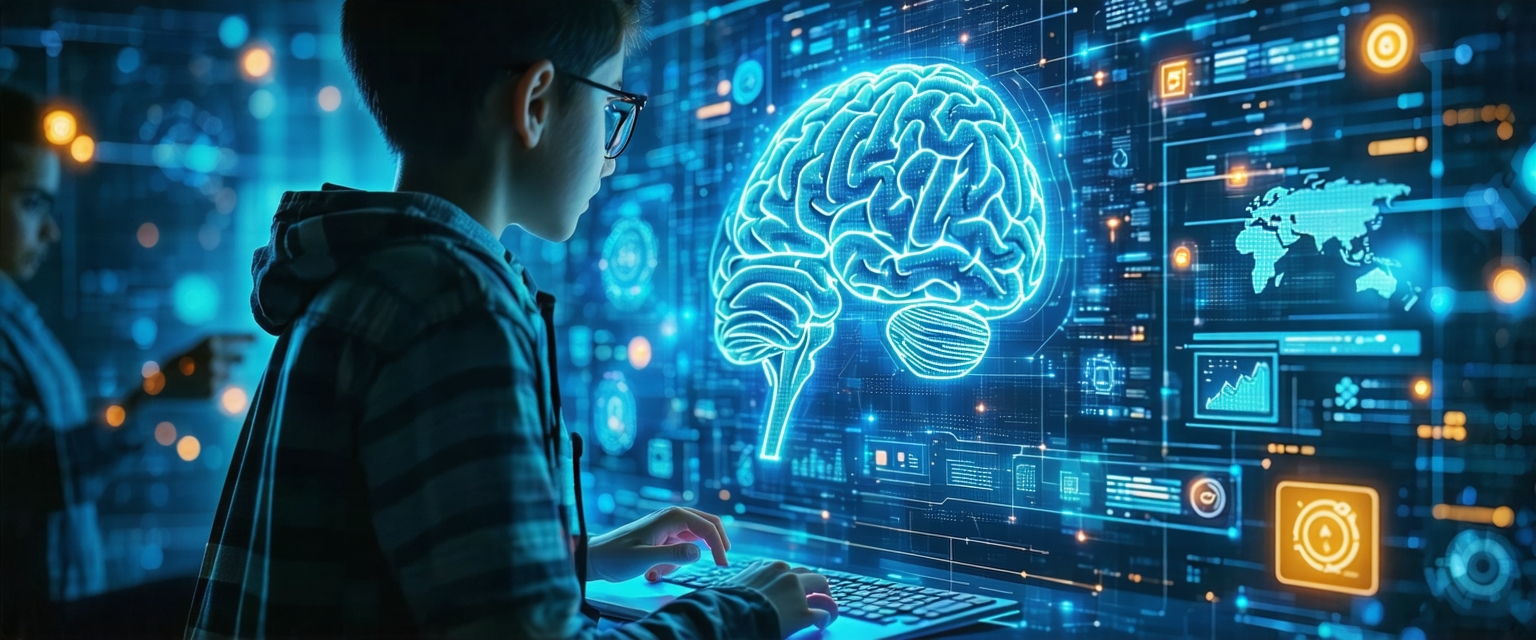






The field of educational technology (EdTech) is rapidly evolving, with recent advancements significantly impacting how students learn and educators teach. Artificial intelligence (AI) and personalized learning are at the forefront of this transformation.
For years, EdTech has focused on improving access to educational resources and enhancing the learning experience through digital tools. Early innovations included online courses, interactive simulations, and learning management systems (LMS).
However, these tools often lacked the personalization needed to cater to individual learning styles and paces. Recent developments leverage AI to address this gap.
AI-powered platforms are now capable of analyzing student performance data in real-time, adapting learning pathways to suit individual needs. This includes adjusting the difficulty level of assignments, suggesting relevant resources, and providing targeted feedback.
Furthermore, advancements in natural language processing (NLP) are enabling the development of intelligent tutoring systems that can engage students in more meaningful and interactive dialogues. These systems can offer personalized support and guidance beyond what a human tutor could provide at scale.
The impact of these advancements is already being felt in classrooms around the world. Students are showing improved engagement and academic performance, while educators are gaining valuable insights into student learning patterns.
This technology also offers the potential to address educational inequalities by providing personalized support to students who may not have access to traditional tutoring or individualized instruction. The scalability of AI-powered EdTech is a key advantage.
The future of EdTech promises even more sophisticated AI-powered tools. Researchers are exploring the use of virtual reality (VR) and augmented reality (AR) to create immersive learning experiences, further enhancing engagement and knowledge retention.
Ethical considerations surrounding data privacy and algorithmic bias will need careful attention as AI becomes more deeply integrated into education. Ensuring equitable access to these technologies is also crucial.